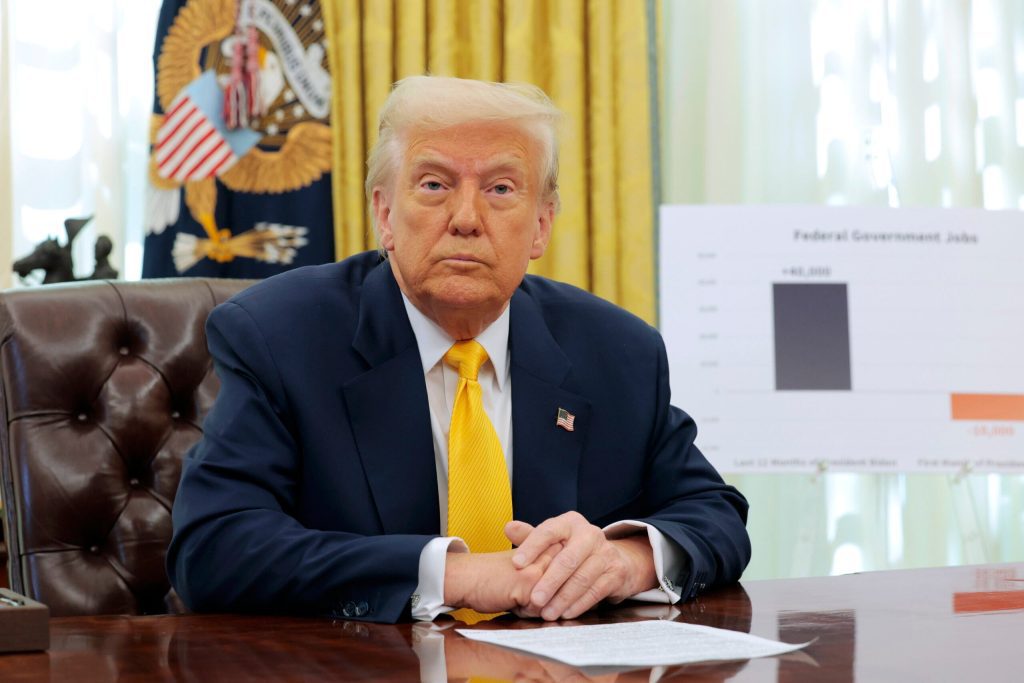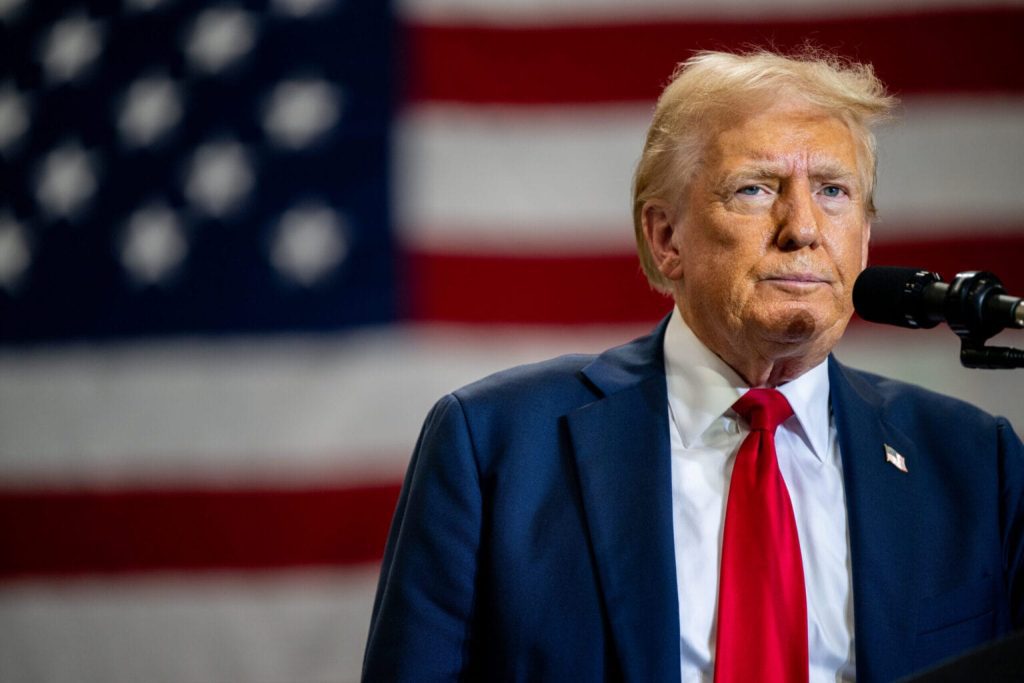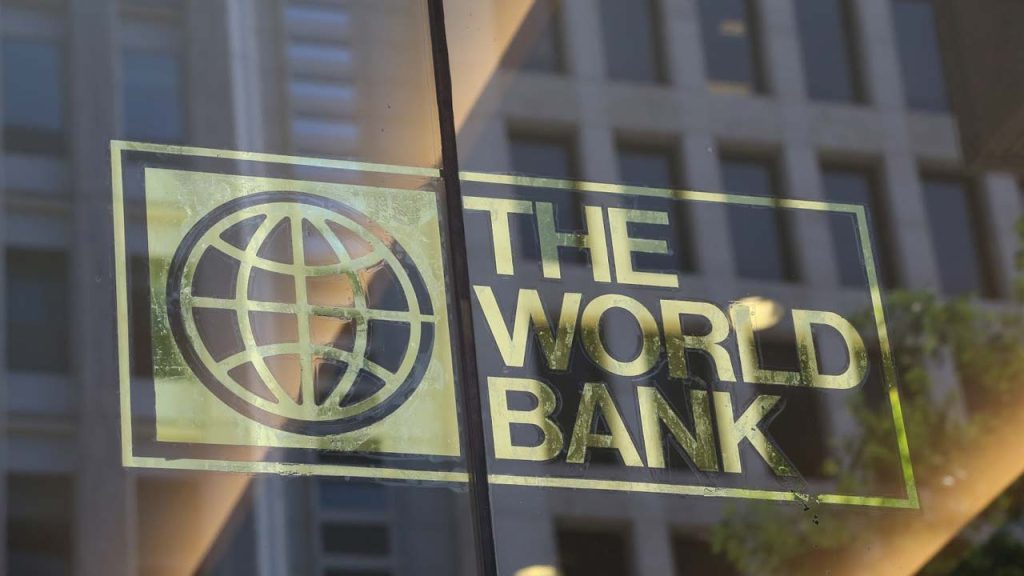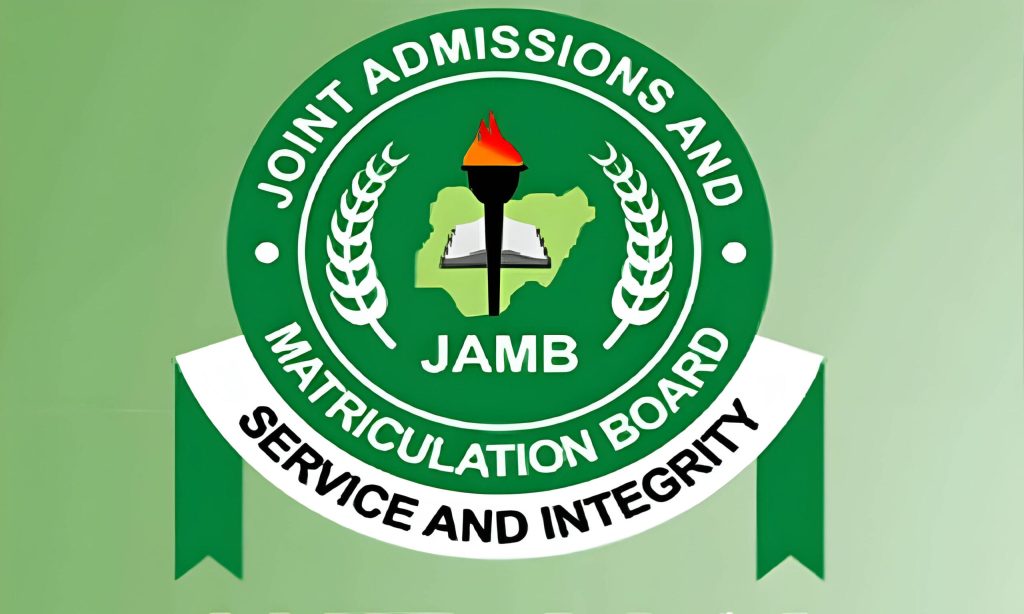Rivers State is embroiled in a political crisis as the Rivers State House of Assembly begins impeachment proceedings against Governor Siminalayi Fubara.
Lawmakers accuse Fubara of gross misconduct, citing constitutional violations, abuse of office, and executive overreach.
This move deepens political tensions, stemming from an ongoing rift between Governor Fubara and his predecessor, Nyesom Wike. Wike, now the Minister of the Federal Capital Territory (FCT), has clashed with Fubara. The escalation marks a key point in the power struggle, with far-reaching consequences for governance in the state.
Allegations Against Governor Fubara
The impeachment notice, signed by a majority of lawmakers, accuses Fubara of the following:
-
Failure to Present the 2024 Appropriation Bill: Lawmakers claim Fubara violated Section 121(1) and (2) of the Nigerian Constitution by failing to submit the state budget on time.
-
Unauthorized Expenditure: The assembly alleges that Fubara withdrew funds from the state’s consolidated revenue account without legislative approval, raising concerns about financial mismanagement.
-
Obstruction of Legislative Functions: Lawmakers accuse Fubara of deliberately hindering the legislature’s operations, preventing them from performing their duties effectively.
-
Demolition of the Rivers State House of Assembly Complex: The most controversial allegation is that Fubara ordered and oversaw the demolition of the assembly complex in December 2023, despite a court injunction against it.
Political Context and Wike’s Influence
The impeachment process is viewed as part of the power struggle between Governor Fubara and his political godfather, Nyesom Wike. Fubara, once loyal to Wike, has recently sought to assert his independence. This has angered his predecessor.
Tensions escalated in late 2023 when Fubara dismissed several commissioners loyal to Wike and attempted to restructure key political appointments.
In retaliation, pro-Wike lawmakers defected from the People’s Democratic Party (PDP) to the All Progressives Congress (APC), shifting the legislative balance against Fubara.
Wike’s influence in the state remains strong. Many believe the impeachment process is part of an effort to remove Fubara and regain control of Rivers politics.
Legal and Constitutional Process for Impeachment
The impeachment follows the provisions outlined in Section 188 of the Nigerian Constitution. The key steps include:
-
Presentation of the Impeachment Notice: The process begins with a petition signed by at least one-third of the House members, detailing the allegations.
-
Service of the Notice: The Speaker must serve the governor with the allegations within seven days.
-
Governor’s Response: Fubara has 14 days to respond before the House proceeds with further action.
-
Assembly Vote on Investigation: If two-thirds of lawmakers support the impeachment, the Chief Judge will appoint a seven-member panel to investigate.
-
Panel Investigation and Report: The panel has three months to investigate and submit a report. If Fubara is found guilty, the assembly will vote on the final decision.
-
Final Impeachment Vote: A two-thirds majority vote is required to remove the governor from office.
As the process unfolds, analysts predict a tense battle, with both Fubara and Wike’s factions mobilizing support to influence the outcome.
Governor Fubara’s Response
Governor Fubara has strongly denied all allegations, calling them politically motivated. He insists he is committed to serving the people of Rivers State and will resist any unconstitutional attempt to remove him.
His supporters argue the assembly is under Wike’s influence, claiming the impeachment is part of a pre-planned effort to weaken his administration.
In a recent address, Fubara stated:
“I was elected by the people of Rivers State, and I remain accountable to them, not any political godfather. This impeachment is an attempt to undermine democracy and impose external control over our government.”
Implications and Possible Outcomes
The impeachment process has significant implications for Rivers State’s political stability. Possible outcomes include:
-
Successful Impeachment: If Fubara is removed, it would represent a political victory for Wike, consolidating his influence in the state and the APC.
-
Legal Battles and Intervention: Fubara may challenge the impeachment in court, potentially delaying the process or making it unconstitutional.
-
Political Settlement: Some analysts believe behind-the-scenes negotiations could lead to a political compromise, restoring stability without full impeachment.
Conclusion
The Rivers State impeachment saga is shaping up to be one of Nigeria’s most contentious political battles. As Governor Fubara fights for survival, Wike’s camp pushes for his removal. The coming weeks will determine the future of Rivers State’s leadership.
Observers are watching closely to see whether the judiciary, presidency, or PDP leadership will intervene to ease tensions before they escalate into a full-blown crisis.
For now, Rivers State remains deeply divided, with both factions rallying support as the impeachment process unfolds.













